25
Jun
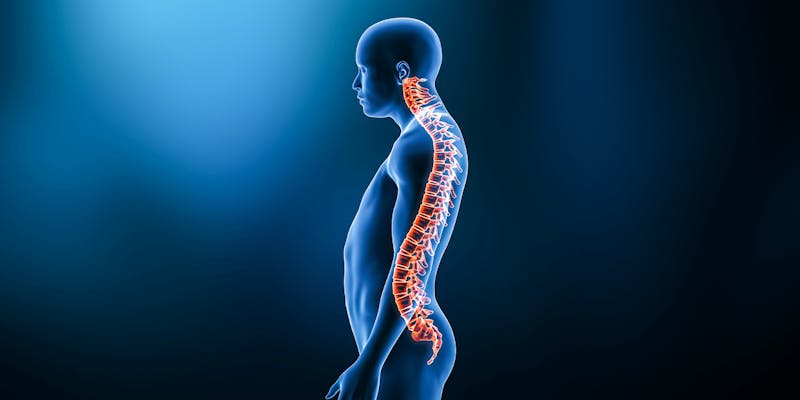
What Is Ankylosing Spondylitis?
Ankylosing spondylitis (AS) is a type of arthritis that causes spinal joint inflammation. Pain and stiffness in the lower back may spread to other areas like the neck, shoulder or knees. It impacts the sacroiliac joints, where the lower spine (sacrum) meets the top back of th...
View MoreCategory: Spine
25
Jun
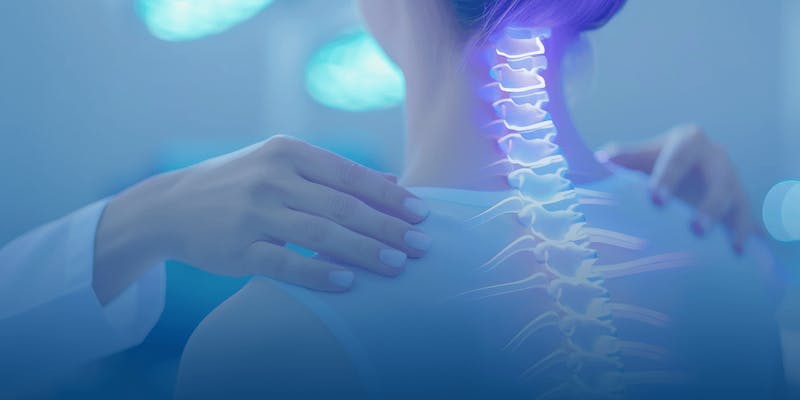
What Is Thoracic Insufficiency Syndrome (TIS)?
Living with TIS can be a challenging, complex journey. Both children and adults with TIS need expert support and ongoing care from qualified medical professionals to live their best, most comfortable lives. Our guide provides clarity on causes, symptoms and treatments. What I...
View MoreCategory: Spine
25
Jun
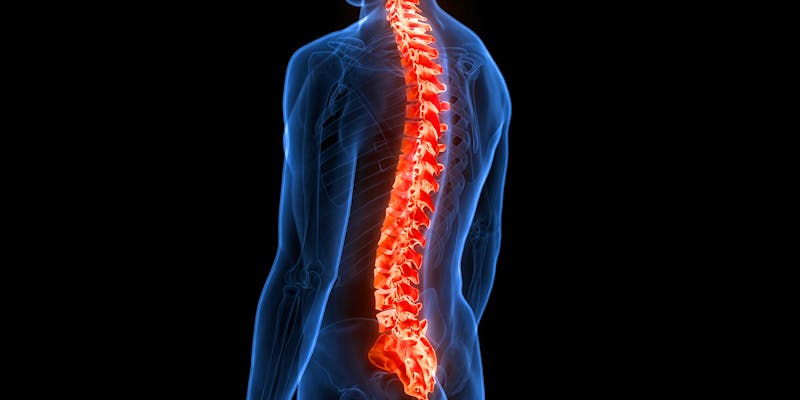
How Robotics Is Making Spine Surgery Safer
Robotic spine surgery has transformed and elevated how spinal experts treat common conditions. This cutting-edge technology enables surgeons to perform procedures more safely and effectively, improving nearly every aspect of the surgical experience for their patients. With ro...
View MoreCategory: Spine
25
Jun
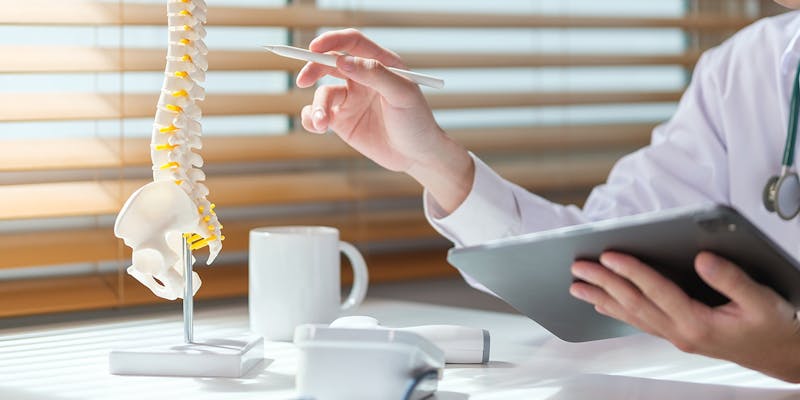
What Is the Recovery Process After Robotic Spine Surgery? What to Expect
If you’re considering robotic spine surgery, you likely want to know what recovery will be like and what life will be like after your procedure. While each individual’s healing is unique to them, you can anticipate a few general stages postoperatively. We are breaking down re...
View MoreCategory: Spine
25
Jun
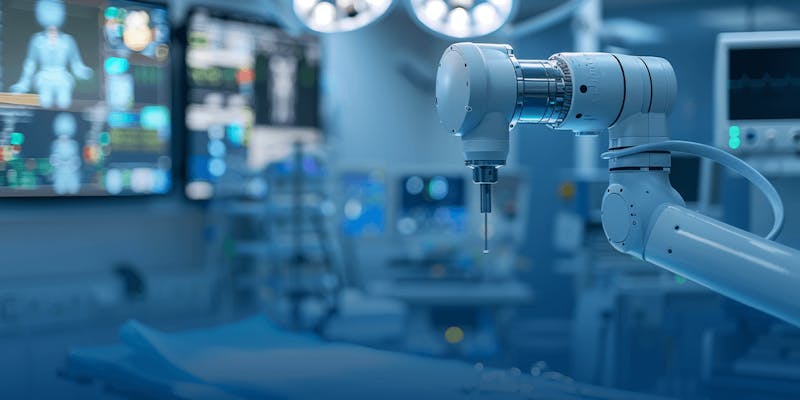
The Patient’s Guide for Computer-Assisted/Robotic Spine Surgery
If you’re experiencing debilitating back pain that has not responded to nonsurgical treatments, your doctor may recommend spine surgery. You are not alone if you’re considering back surgery. Physicians perform approximately 1. 2 million spine procedures in the United States an...
View MoreCategory: Spine Surgery Procedures
25
Jun
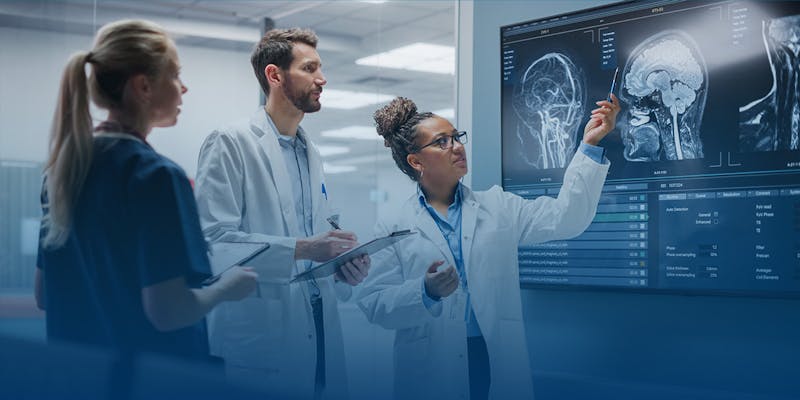
6 Reasons It May Be Time to See a Neurosurgeon
If you’ve been living with chronic pain, muscle weakness, numbness, seizures and persistent headaches, it might be time to see a neurosurgeon. While these symptoms seem ordinary, they can be underlying symptoms of more severe issues. Here are six signs you might need to see a...
View MoreCategory: Neurosurgery
25
Jun
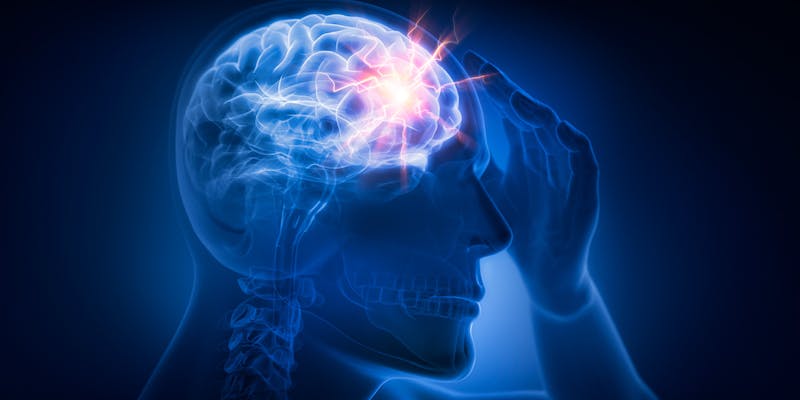
Signs and Symptoms of a Potential Concussion
Anyone can experience a concussion, though athletes and active individuals are considered at higher risk due to their lifestyles. A blow to the head is concerning, even if it seems insignificant at the time. The brain is a sensitive organ — even the slightest impact can have ...
View MoreCategory: Neurosurgery
25
Jun
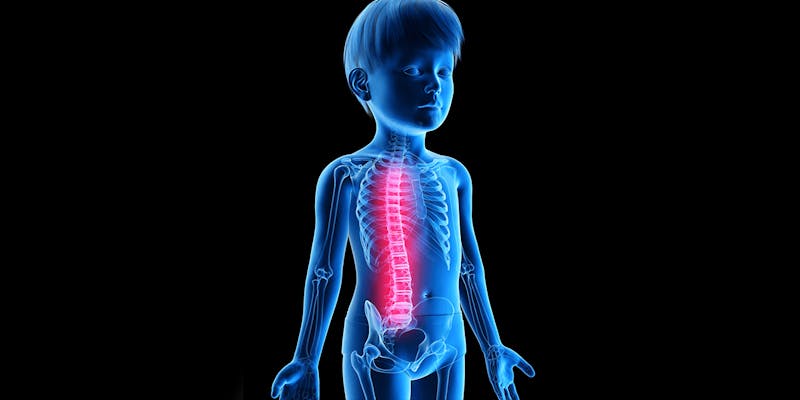
Back Pain in Young Athletes
Sports teach kids about discipline, teamwork and the importance of caring for your body. When back injuries occur on the court, field or arena, it is important to monitor them closely. In some cases, the athlete will heal on their own. If the pain from an injury is constant or g...
View MoreCategory: Pain Management
25
Jun
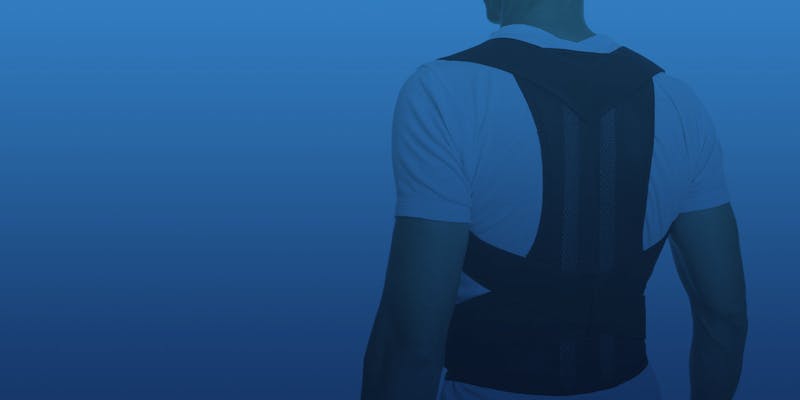
Bracing vs. Surgery for Scoliosis
While your doctor might recommend a back brace for mild scoliosis, surgery is often the best option for severe curvature. A back brace won’t correct your spinal curve, but it can prevent it from progressing. Spinal fusion surgery can also prevent your curve from progressing furt...
View MoreCategory: Scoliosis
25
Jun
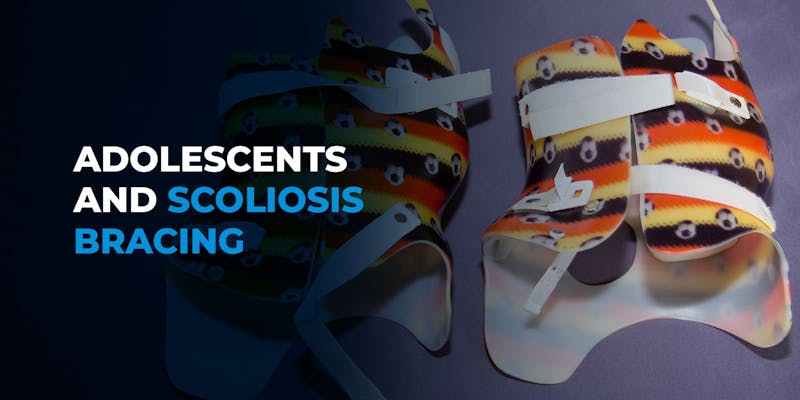
Adolescents and Scoliosis Bracing
As a child with scoliosis grows, their spine curvature can increase. At this point, many orthopedic surgeons will recommend they wear a back brace until the spine stops growing, typically right before the adolescent growth spurt. This type of scoliosis treatment can prevent the ...
View MoreCategory: Scoliosis
